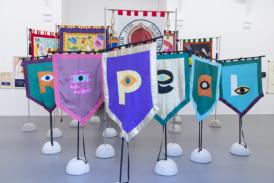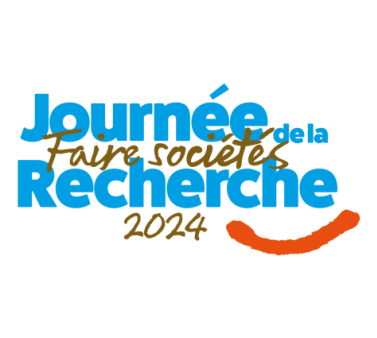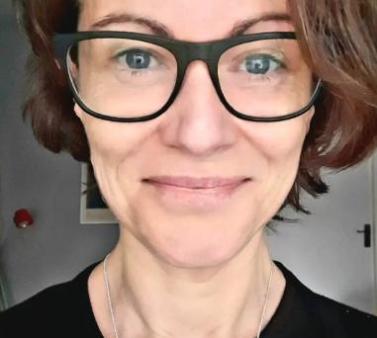
Conference description
In recent years, artists in Ireland have taken part in and sometimes spearheaded the campaigns for Marriage Equality (2015) or for abortion rights (2018) through collectives like the Artist’s Campaign to Repeal the Eight, and, with Brexit looming large, artists have initiated participatory projects with local border communities. The question of human rights has been central to artistic creation in Northern Ireland since the mid-1990s however, with the channeling of European funds through international bodies and the Special European Union Programmes Body (SEUPB) leading to the professionalization of community arts and the growth of socially engaged arts projects. On the European scale, the involvement of arts organizations in cultural networks such as Trans Europe Halles (TEH) or Caravan has contributed to anchoring Irish arts in Europe and strengthening partnerships among practitioners championing social engagement and the defence of Human Rights. Programmes such as Creative Europe have allowed artists’ collectives to obtain funding for transnational projects reaching out to communities regardless of national border (‘Corners of Europe’, 2010 and 2016). Have these initiatives had a lasting impact, and what have been the challenges in implementing the recommendations of the UNHC’s High Commission to “increas[e] social interactions, mutual understanding and trust that can be built or rebuilt through these initiatives”?
Contemporary collaborative projects, happenings and performance art that induce interaction with the spectator are increasingly premised on ethical readings. Nicolas Bourriaud’s seminal work Relational Aesthetics (2002) inaugurated a change in critical approaches to art by focusing on the inter-human aspect of art practices and emphasizing proximity as a means of resisting an increasing fragmented society. More recently, Corine Pelluchon calls for an “ethics of consideration” to reconcile theory and practice and reason and affect in the context of a pluralistic, multicultural democracy endowed with tremendously powerful technologies. This ethics should articulate the intersubjective, the environmental and the civic, and aim to restore faith in the ideal of emancipation through social justice prompted by Enlightenment philosophy (Ethique de la considération, 2018). Jacques Rancière, on the other hand, offers a critique of post-utopian aesthetics. He contends that in a time when discourses and practices tend to make art into an entertaining form of social mediation or public service, what is lost in ethics is the radicality of art (Malaise dans l’esthétique, 2004). Claire Bishop examines the aesthetic and ethical issues triggered by collaborative practices, focusing on the evolution of spectatorship (Artificial Hells: Participatory Art and the Politics of Spectatorship, 2012) while art critic Grant H. Kester approaches relational or dialogical art as a contemporary global form and Charlotte McIvor’s Migration and Performance in Contemporary Ireland, Towards a New Interculturalism (2016) scrutinizes performative practices in the context of recent social changes in Ireland.
In a time that calls for “response-ability” (R. Braidotti, The Posthuman, 2013) this conference seeks to explore creative practices and processes in Irish visual and performing arts, whether they are “disruptive and interventionist [or…] constructive and ameliorative” (Participation, Documents on Contemporary Art, 2006). It will also offer an opportunity to critically assess artistic modalities, as well as political and cultural agendas, in a context of growing distrust for representative democracy which often demands increased awareness of the artist’s own vulnerability in creating a common “we” (Guillaume Leblanc, Que faire de notre vunérabilité?, 2011).
Confirmed speakers and Artists:
- Anne Cleary and Denis Connolly, artists, Paris and Ireland
- Rachel Fallon, visual artist, Rua Red Gallery, Tallaght
- Fiona Kearney, director of The Glucksman Gallery, University College Cork
- Tom Magill, artistic director, ESC Films, Belfast


